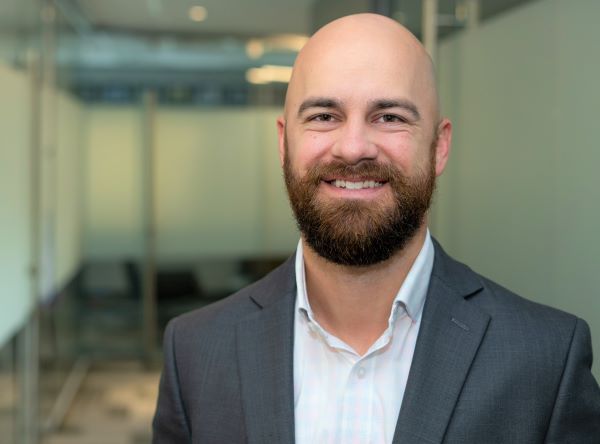Why You Need a Specialist Near Retirement
Specialists vs. Generalists
I haven’t always been a retirement specialist. Like most advisors, I once worked with clients in a wide range of situations. I worked with younger people starting families, couples in their 40s, and even some in their 70s and 80s. However, through that process, I learned that it is difficult to effectively serve each client with such a broad clientele.
That is the problem with most big box financial firms today. Advisors are loaded down with several hundred clients, ranging from their 20s to clients in their 80s or 90s. This makes it difficult for advisors in that position to go in-depth on specific areas pertaining to each demographic. The sheer volume of clients makes it difficult for those advisors to learn and deepen their understanding on particular topics.
Why Hire an Advisor for Retirement
Here are four of those topics that suggest that people near retirement should seek out a specialist.
1. Medicare
Medicare, and health insurance in general, is one of the most common concerns for retirees. The terminology and different programs surrounding Medicare can be quite confusing. You have Parts A and B, Part C (or Medicare Advantage), Part D (drug plans), and Medigap (or Medicare Supplement) policies, which are called Plans (Plan A, Plan B, etc.).
In addition to knowing what parts and plans cover, you also need to know how your income and investments may affect your Medicare premiums. Most retirees aren’t aware that your Part B and Part D premiums can be increased if your income exceeds certain thresholds, and the higher your income, the bigger surcharge you pay. Retirees can unnecessarily trigger Part B and D premium increases by simply taking excess distributions at the wrong time.
A retirement specialist can help you enroll in Medicare, find the right coverage, and help you avoid premium surcharges.
2. Social Security
Electing when to receive your Social Security Retirement benefits is another major decision that most retirees face. If you begin benefits too early, it may hurt you down the road. If you wait too long, you might not maximize your lifetime benefits. Also, and most importantly, retirees need to understand how their spouse will be affected by their filing decision. Different rules come into play for divorcees and widows/widowers.
I believe Social Security should not be evaluated as a stand-alone item, but should be evaluated along with every other part of your financial life, including your investment portfolio, pensions, life expectancy, life insurance, etc.
A retirement specialist can help you elect Social Security benefits at the right time and help you maximize benefits for you and your spouse.
3. Accumulation vs. Distribution Phase
As you are probably noticing, there are major differences between the accumulation phase of your financial life and the distribution phase. In the accumulation phase, you have one mindset, which is to save as much as possible (hopefully, in a diversified manner). Most people use their 401(k) for that.
However, when you enter the preservation and distribution phase, which I would argue starts before you retire, you have to figure out how to withdraw money to make it last for the rest of your life. Stock market volatility becomes a much bigger factor. Your withdrawal rate becomes a key factor. And, the order in which you take withdrawals from certain accounts can become a key factor.
The goal for most retirees I meet with is to somehow continue to receive a “paycheck” after they retire, like how they received one when they were working. A retirement specialist has the expertise to build a plan for that. (Hint: That plan should NOT always include annuities).
4. Age-Based Rules and Opportunities
One example of this would be that retirees age 73 and above (recently changed from 72 via the SECURE Act 2.0 of 2022) must begin taking required minimum distributions (RMDs) from their qualified retirement accounts. The penalty for not taking your RMD at the appropriate time is 50% of the amount not taken, making it a high-priority item.
Also, when individuals retire, there may be an opportunity for them to execute Roth IRA conversions during years where their income is lower than usual. This strategy is timely for retirees who haven’t yet reached age 73.
Long-term care protection is another opportunity for individuals approaching retirement. Creating a plan to address the risk of needing home care, assisted-living care, or nursing care is important for the many retirees and pre-retirees concerned about the impact this could have on their portfolio and/or family members’ well-being.
Bottom Line
General practitioners are very much needed in the medical world. They are the first line of help for patients and, if patients need specialized care, they direct patients on where to go.
The financial world is no different. Individuals need advisors that are generalists and those that specialize in the accumulation phase. But, at some point, it may be prudent to seek out a retirement specialist for help in the specific areas mentioned above.


